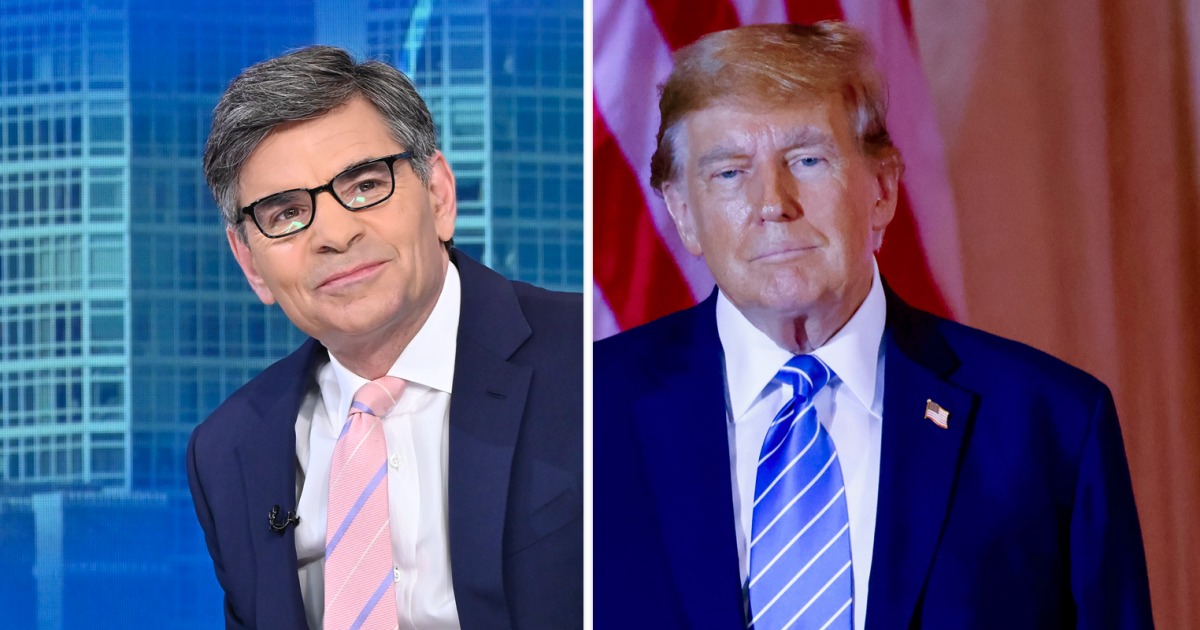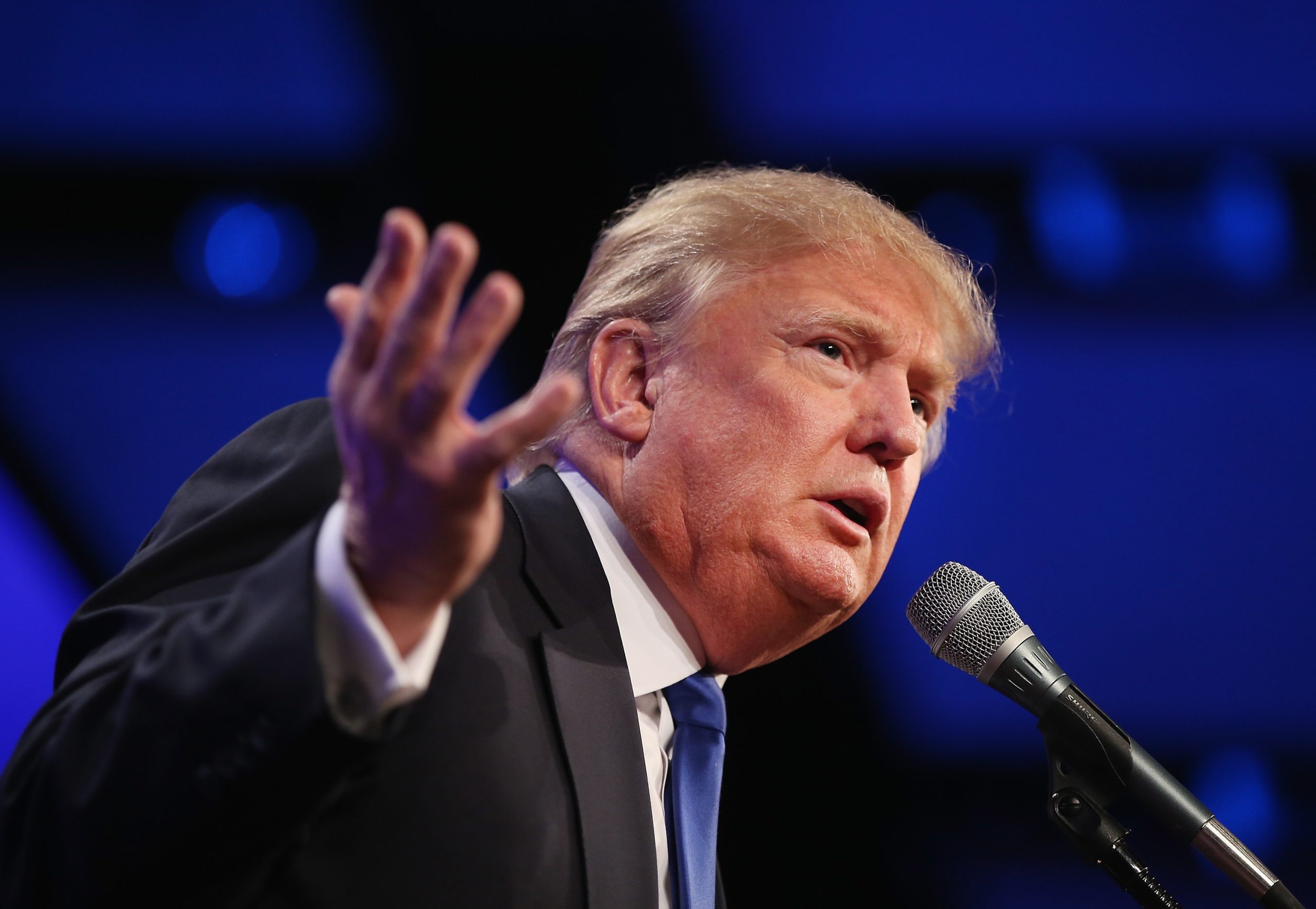Former President Donald Trump‘s defamation lawsuit against ABC News host George Stephanopoulos faces significant legal and strategic flaws, rendering it likely to fail and potentially damaging to Trump’s reputation.
Trump’s lawsuit stems from Stephanopoulos’ interview with Rep. Nancy Mace (R-SC) on This Week With George Stephanopoulos, where the host allegedly referred to Trump as a “rapist” in connection with writer E. Jean Carroll’s accusations.

George Stephanopoulos (Credits: 6ABC)
While a jury in a previous defamation trial did not find Trump guilty of “rape” under New York law, Judge Lewis A. Kaplan acknowledged that Trump’s conduct met the common understanding of the term.
The crux of Trump’s argument relies on a narrow legal interpretation rather than the commonly understood definition of “rape.” Consequently, Stephanopoulos’ statement, while legally accurate, aligns with the broader perception of Trump’s actions. This legal nuance undermines Trump’s defamation claim.

Trump and George Stephanopoulos (Credits: CBS News)
Moreover, Trump’s decision to pursue the lawsuit risks amplifying negative publicity surrounding his past behavior. Similar to the “Streisand effect,” where legal actions draw more attention to an otherwise forgotten incident, Trump’s lawsuit may exacerbate public scrutiny of his past conduct with E. Jean Carroll.
The lawsuit also poses financial risks for Trump, especially as he faces challenges in posting a bond to prevent enforcement of a judgment in a separate case brought by New York Attorney General Letitia James for business fraud.
Given these financial constraints, allocating resources to a potentially futile defamation lawsuit may not be a prudent investment. Trump’s defamation lawsuit against George Stephanopoulos appears misguided and ill-advised, with limited prospects for success and potential adverse consequences for his reputation and financial well-being.























